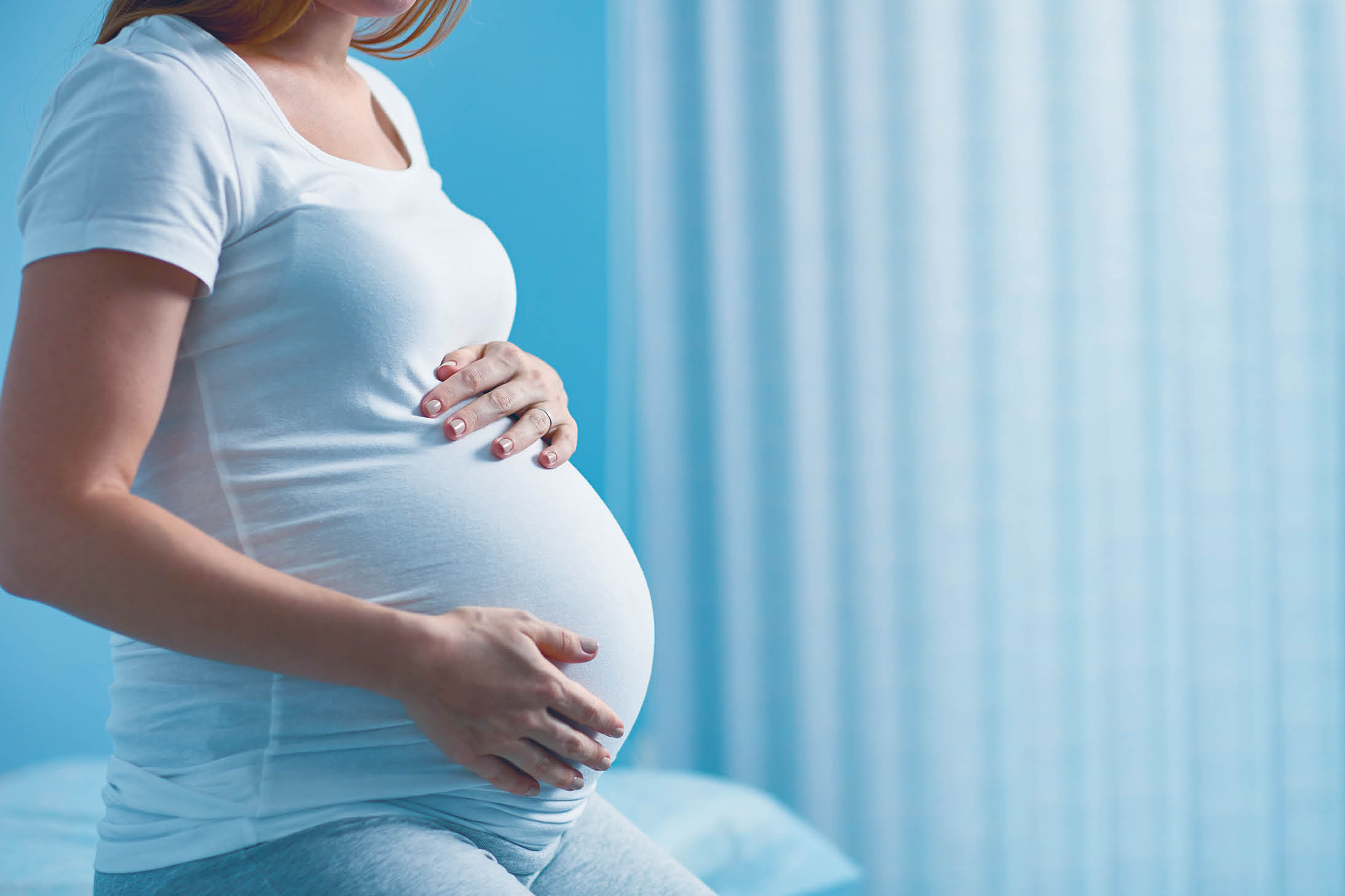 The Family Court of Australia sitting in Cairns has been required to intervene in an altruistic surrogacy arrangement when the birth Mother refused to relinquish her role in the child’s life.
The Family Court of Australia sitting in Cairns has been required to intervene in an altruistic surrogacy arrangement when the birth Mother refused to relinquish her role in the child’s life.
Reported as the case of Lamb and Anor & Shaw [2017] FamCA 769, His Honour Justice Tree made Orders providing for the genetic parents to have sole parental responsibility for the child and that the child live with the genetic parents and have no time with the birth mother unless agreed to by the genetic parents.
The case highlights the real risk in the Surrogacy Act 2010 (Qld) for intended parents when the birth parent refuses to relinquish their rights to the child.
Under the Surrogacy Act, there is no obligation upon the birth parent to hand over a child born of the surrogacy arrangement. The events which transpired between the parties to this surrogacy arrangement lend support to the argument for carefully regulated and monitored commercial surrogacy arrangements, which are currently illegal in Queensland.
The child the subject of this dispute was genuinely a miracle for the genetic parents. In 2012 when the genetic parents were undergoing preliminary health checks prior to commencing IVF treatment, the genetic mother was diagnosed with breast cancer. Prior to undergoing treatment she harvested four eggs which were fertilised by the genetic father however only one viable embryo was produced. That one embryo was frozen and the genetic mother commenced her cancer treatment.
After treatment was successful concluded it was resolved that surrogacy was required in order for the genetic parents to have a child. The genetic mother’s third cousin agreed to act as a surrogate, a surrogacy agreement was entered into pursuant to the legislation and the one and only embryo containing the genetic material of the mother and father was implanted. Miraculously it resulted in a successful pregnancy.
Sadly the relationship between the genetic parents and the birth mother rapidly declined to the point that the birth mother threatened an abortion, however the pregnancy was too far advanced. Ultimately a healthy baby boy was born.
Litigation was commenced by the genetic parents two days after their son’s birth. The parties reached interim agreement enabling the newborn to be taken home by the genetic parents and the birth mother agreed to participate in the Parentage Order application (required subsequent to the birth of a child of a surrogacy arrangement in order to legally transfer parentage to the genetic parents from the birth parent or parents).
Sadly the birth mother did not agree to the Parentage Order and litigation continued in the Family Court.
His Honour commented that it was unnecessary to apportion blame or culpability for the deterioration of the relationship between all parties but noted that with the benefit of hindsight it ought to have been appreciated that the personalities and expectations of the genetic mother and the birth mother were incompatible. He identified three factors for reaching this conclusion:-
- The genetic mother’s personality which even she described as a “control freak”; and
- The genetic mother’s general reluctance to accept the possibility of a positive outcome of the embryo transfer, given the small probability of that occurring and as a result of that mindset, her apparent “disconnect” from the process; and
- The birth mother’s lack of insight into the sensitivities of the genetic parents due to their past experiences and difficulties. An example of this was the birth mother’s interpretation of the genetic mother’s withdrawal and disengagement from her as disinterest and lack of support when the reality was that the genetic mother could not interact with the birth mother because of this lack of insight.
There also appeared to be divergent expectations on the part of the birth mother as to the financial aspects of the surrogacy arrangement, evidenced by the birth mother raising issues with financial support as soon as 9 days after implantation of the embryo. The birth mother further complained that she was not receiving enough “tangible signs of gratitude” and that if the genetic parents did not start “treating her well” then they would be “in for a shock”. The complaints continued and the birth mother’s psychologist noted her raising that she had thought of using a coat hanger to induce an abortion.
The birth mother caused correspondence to be issued by her Solicitor to the genetic parents which raised in detail the birth mother’s expectations with respect to financial matters and implicitly threatened that she would neither hand over the child nor consent to a parentage Order being made and further that the media both local and national would be very interested in the matter should the genetic parents seek to recover the monies paid to the birth mother for her expenses, should she not hand over the child. This letter understandably caused the genetic mother significant anxiety.
The birth mother’s behaviour did not improve after the birth of the child at which time she met with an Adoption Agency representative and despite allowing the genetic parents a short period of time with their son, requested his return and thereafter refused to relinquish him. The birth mother gave a disparaging interview to the media, continued to demand money from the genetic parents before finally raising with the Independent Children’s Lawyer appointed in the proceedings a concern that the child may not even be genetically the child of the genetic parents as she (the birth mother) had been engaging in unprotected sexual intercourse with her partner at the time of implantation.
The genetic parents sought a declaration from the Family Court that they were the parents of the young boy. The Court could not make such a declaration as there was not a Parentage Order made at that time under the Surrogacy Act. The balance of issues were easily resolved by the Court as it was considered not in the best interests of the child for him to have any time with the birth mother nor for her to play any role in the child’s life.
This case highlights the need to obtain expert advice in respect of surrogacy matters and the complex legal issues that flow from such arrangements. Parties proposing to engage in a Surrogacy Arrangement are required to obtain independent legal advice in relation to the process and the legal issues involved. Marino Law’s family law team includes an expert in Surrogacy law and we can provide you with prompt and expert assistance in these matters and all aspects of Family Law matters. Appointments can be arranged promptly by contacting our office on 55260157.

